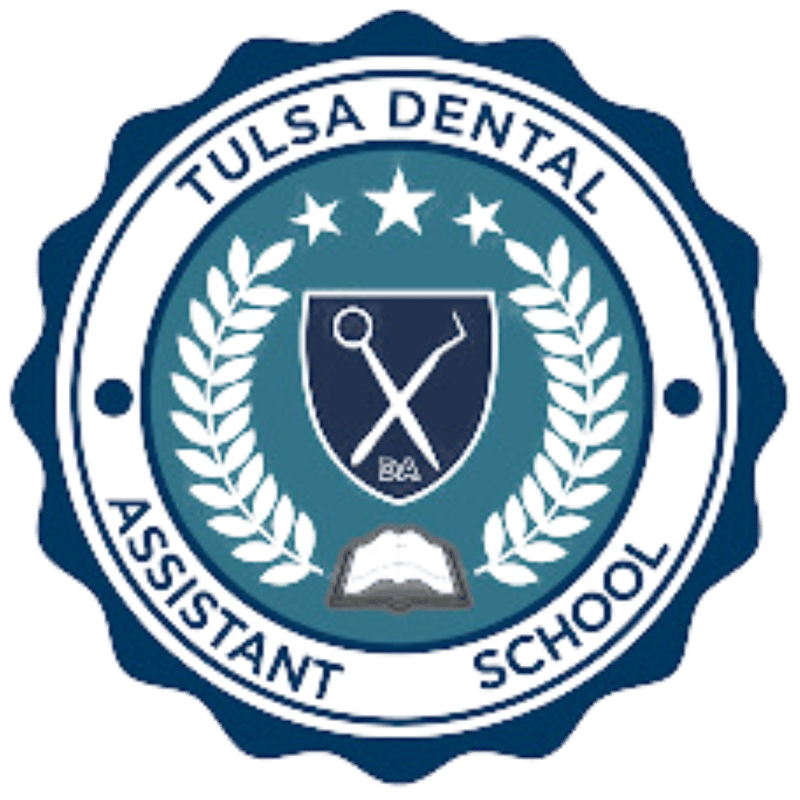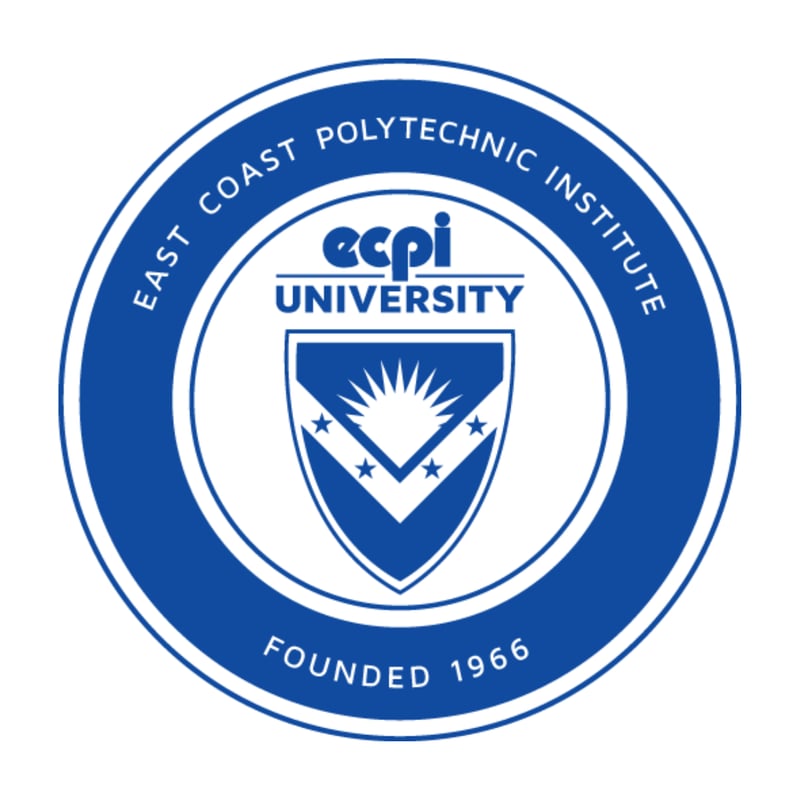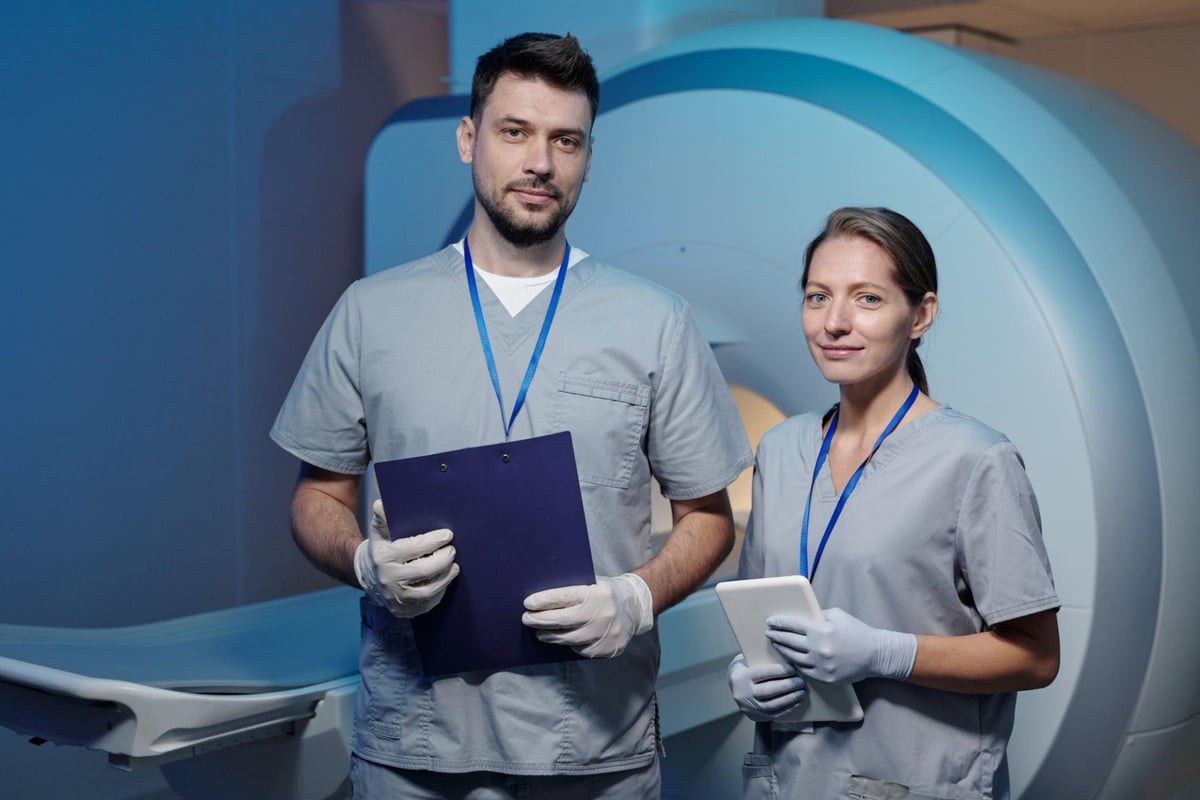
$173 to start
$2,200 total

Financial aid (may be available)

Financial aid (may be available)

$1,450 to start
$3,650 total
Financial aid (may be available)

Financial aid (may be available)
$40 total
$125 total

No cost info
No cost info
No cost info
Focus on the creative career opportunities in the scientific field of radiology. Our Radiologic Technology program allows you to combine basic scientific principles with the creativity of art by taking radiographic images to aid with diagnosis of illness and injuries.
You can choose to take our program via the Lincoln track or the Distance track. If you take the Lincoln track, you will perform your clinical in Lincoln with courses offered in person; if you take the Distance track you will perform your clinical at a pre-approved hospital outside Lincoln and take your courses online. Once you complete the program you will have the skills necessary to be successful and prepared to take the American Registry of Radiologic Technologist Exam and apply for state licensure where you choose to work.
No cost info
In as few as 24 months, you could be ready to work as a radiologic technologist.1 With an Associate's degree in Radiologic Technology, gain proficiency in diagnostic imaging, physiology and radiation safety, and learn to confidently convey assured leadership with patients. With hands-on experience at clinical sites, on-campus labs, diverse clinical practicum settings and online coursework, you’ll be confident in your skills outside of the classroom and ready to start your career.
No cost info
Our online Associate of Applied Science Degree in Radiologic Technology provides training for a career as a radiologic technologist. The program is designed to educate and help prepare the student to perform radiographic examinations, provide quality patient care, and assist the radiologist with diagnostic procedures. This program serves as a bridge for Texas-certified LMRTs to become eligible for the American Registry of Radiologic Technologists certification exam in Radiography. Advanced educational elements in anatomy and physiology, patient safety, image production, radiographic pathology, comprehensive review, and advanced clinical experience and procedures help provide graduates the opportunity to develop the skills necessary to obtain entry-level radiography positions in the field.
No cost info
Radiology technicians in Tulsa earn an average of $66,940 per year, and the city’s expanding healthcare system is creating strong local demand for skilled imaging professionals. With multiple accredited training programs in the area, you can become certified in just two years and start a stable, well-paying healthcare career.

A radiology technician, also called a radiologic technologist, uses imaging technology to assist doctors in diagnosing and monitoring medical conditions. These professionals are trained to:
Radiologic technologists work closely with patients, doctors, and other clinical staff, often in fast-paced medical environments.
To become a radiology technician in Tulsa, you must:
Programs must be recognized by the American Registry of Radiologic Technologists (ARRT) to ensure eligibility for certification.
The fastest route is a two-year Associate of Applied Science (AAS) degree. These programs combine classroom instruction with clinical rotations and prepare you for ARRT certification. There are no accredited 12-month programs in Tulsa due to required hands-on training hours.
There are several radiology technician classes available in the Tulsa area, each with its own unique features and requirements. Here are a few examples:
Radiology technician programs are not fully online due to the required clinical experience. However, some schools offer hybrid programs that allow you to complete general education and theory-based courses online before transitioning to in-person labs and clinical rotations.
Hybrid options may reduce your weekly commute and support students balancing work or family.
Currently, there are no free accredited radiology technician programs in Tulsa. However, financial aid, scholarships, and payment plans are available at most schools. To reduce upfront costs, students may explore:
After completing your program, you must:
Graduates in Tulsa find jobs in various clinical environments, including:
You may work in:
Explore job listings: Radiology tech jobs near you
Becoming a radiology technician in Tulsa gives you access to a stable career with solid income and growth potential. With accredited schools, flexible training options, and growing healthcare demand, Tulsa is an excellent place to begin your journey.
Ready to start? Use Dreambound to compare local programs and find the best radiology technician classes near you in Tulsa.
Dreambound's platform allows prospective students to find the right educational program for them through searching, filtering, and connecting with our extensive selection of career & technical education partners.
Dreambound has over 70 programs across healthcare, technology, business, and industrial trades. This includes programs such as Medical Billing, Cybersecurity, and welding.
Some of our schools offer financial aid for those who qualify. Many others offer payment plans, where you can pay the cost of class over time.
Yes, Dreambound offers many online programs. On Dreambound's search, you can filter by online, in-person, and hybrid (part online, part in-person).
Dreambound is completely free for you to use! We are supported by schools and organizations who pay to advertise on our website, so we can offer all of our career resources for free.